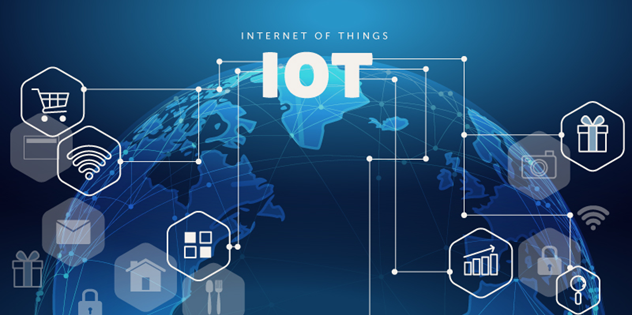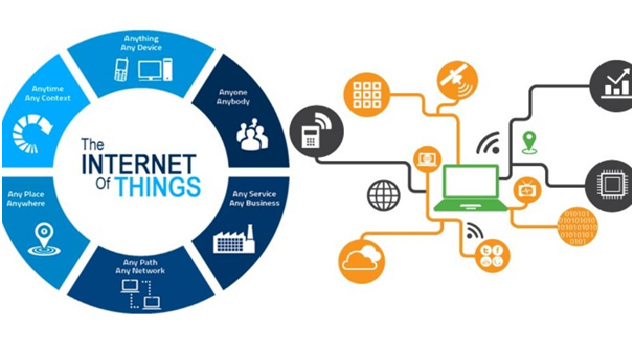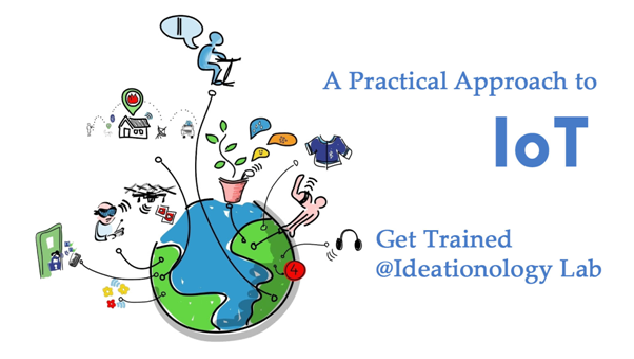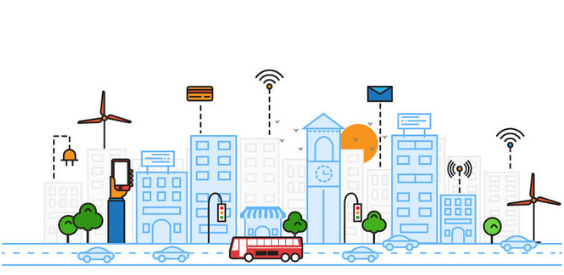Enquire Now



According to Cisco, there will be 13.5 billion linked devices in business by 2022. And JP Morgan’s Global Equity Research team has already pegged manufacturing with having the utmost Internet of Things (IoT) market potential. Although it’s difficult to accurately gauge the impact these technologies will have, it’s clear that experts are projecting it to be massive
Several months ago, LNS Research launched some new IoT survey questions that dig a little deeper into this topic. The study asks manufacturing executives and other senior leaders how the IoT is impacting their business today, as well as about their expected IoT investments going forward. What’s interesting is that almost half—43%—of these industry professionals indicated they still “don’t understand” or “know about” the IoT.

Given the propaganda around the IoT, these numbers may seem a bit odd to some. But the emerging technologies have the prospective to be broadly disruptive, making the potential applications appear formidable for many industries, therefore this trend is likely to continue until after more proven and common place solutions surface in the coming years—and they will.
The IoT is expected to transform the way businesses operate. We’re already seeing use cases surface in manufacturing as well as in the consumer world, particularly with the methods of serving of products—in other words, enabling new service models whereby customers buy or rent a delivered result from a product instead of the product itself. And in the near future, we’re expecting to see more use of intelligent sensors and devices in the shop floor environment, providing enormous amounts of new data streams that can be utilized up and down the value chain. Massively parallel and in-memory big data analytics technologies, which are considered part of the IoT, are expected to provide insights into real-time performance, from which correlations can be drawn that were previously too resource-intensive to calculate.
The utility of the IoT may be as vast as your imagination, but here are a few potential connected device use cases for perspective:

1. Quality Intelligence: Adding new quality variables and more precise data into real-time production monitoring and statistical process control to anticipate process variations
2. Asset Management: Adding new variables for monitoring machine performance, predicting failures, and alerting workers
3. Health and Safety: Equipping staff with connected wearables that monitor key health and safety indicators like body temperature or exposure to hazardous elements
4. Service: Gaining visibility into real-time product performance and diagnostics without having to rely on traditional on-site field service techniques
5. Sustainability: Closely monitoring the usage of utilities such as water, air, gas, or steam with wireless intelligent gauges that offer remote information access

The idea behind nearly all IoT applications is to gather new, more finite types of information and data and then transform it into usable, contextualized intelligence, awareness, and collaboration.
In this scenario for the future, where all world is shifting towards the IoT Technology, there is a huge demand for our newer generation to get an understanding toward this changing environment. In motivation to this Rajasthan Institute of Engineering and Technology (RIET, Jaipur) has taken initiatives with collaboration of foreign tie-up, and joining hands with Intellecta Inc., USA, derived an “Ideationology Lab, which trains the students on IoT, with Artificial Intelligence. The Admissions 2019 for the newer batches in this lab shall be considered among the students taking part in MCA and engineering course in various fields of Science like B.Tech (Computer Science), B. Tech (Information Technology), B. Tech (Electronics and Communication), B. Tech (Electrical Engineering), B. Tech (Electronics & Electrical Engineering) and B. Tech (Mechanical Engineering)